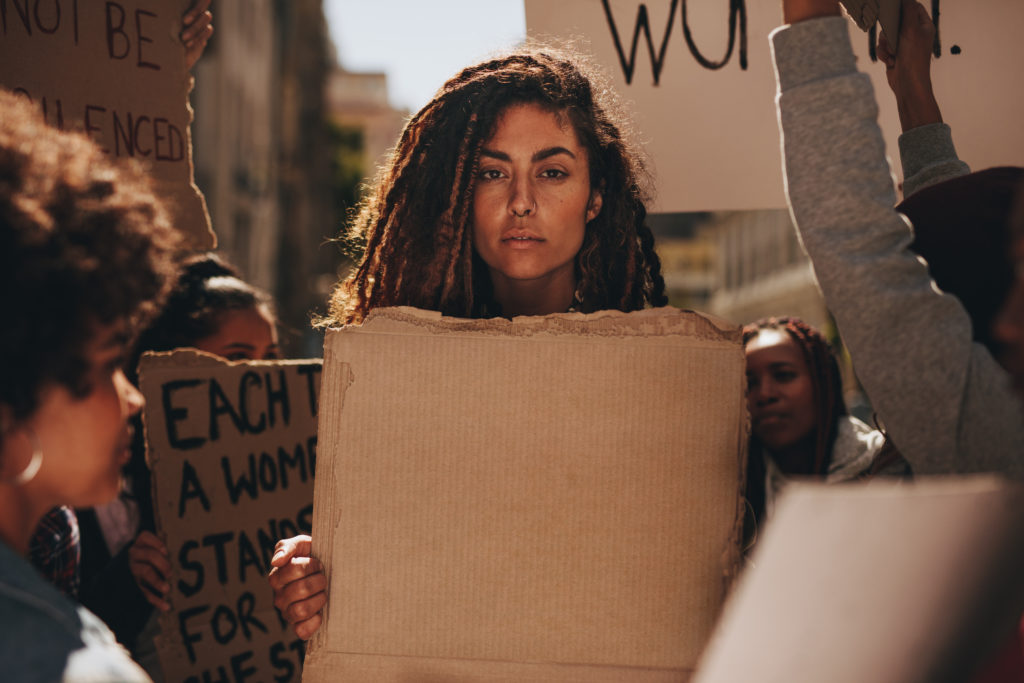 On September 27, 2021, a federal jury in New York found Robert Kelly guilty of one count of racketeering and eight violations of the Mann Act, a federal anti-sex-trafficking law. He faces the possibility of ten years to life in prison.
On September 27, 2021, a federal jury in New York found Robert Kelly guilty of one count of racketeering and eight violations of the Mann Act, a federal anti-sex-trafficking law. He faces the possibility of ten years to life in prison.
The verdict comes after a six-week trial, in which multiple witnesses testified about a criminal organization of sexual trauma, exploitation, and abuse. The prosecution alleged that Kelly was instrumental in financing, overseeing, and participating in a scheme to recruit and exploit adult women and minors for sex. The Mann Act charges included bribery, sexual exploitation of a child, and sex trafficking.
Particularly disturbing is the length of time that Kelly exploited his victims. Prosecutors alleged the organization had been operating for at least twenty-five years, made possible by the assistance of both individual actors and a cultural reluctance to believe abuse victims, especially women of color. Besides Kelly’s associates who actively participated in the scheme, many others covered his tracks, paid victims or witnesses for their silence, and turned a blind eye to the abuse sufferers.
Kelly was arrested in 2002 and indicted on child pornography charges in Cook County, Illinois. The charges related to a video recording that allegedly showed the singer having sex with and urinating on a teenage girl. The trial was delayed for numerous reasons, and it took six years before Kelly faced a Chicago jury. The young woman, whom prosecutors said was the victim on the tape, refused to testify, and there was minimal physical evidence to support a conviction. Kelly was acquitted on all counts.
These factors are common reasons many rape and sexual assault cases do not result in convictions: a lack of physical evidence, significant delays between an assault and trial, and victims reluctant to testify. Sometimes, prosecutors may be unwilling to bring sexual assault charges because these difficulties can make convictions less likely. Organizations like End the Backlog and local and state prosecutors’ offices are processing rape kits so more physical evidence is available to support the prosecution of sexual offenders.
Although COVID-19 has exacerbated delays in the criminal court system, the culture of reluctance to prosecute sexual offenders seems to be changing. Kelly faces new charges of federal child pornography and obstruction of justice violations in Illinois (some related to the previous trial). He has been indicted again in Cook County for aggravated criminal sexual abuse involving four victims (three of them minors). He faces separate criminal charges in Minnesota, alleging he engaged in prostitution with a minor.
The #MeToo movement may have contributed to the cultural shift away from protecting individuals accused of sexual abuse or assault by silencing victims. By helping give victims a platform and a voice, it encourages survivors to speak up and helps provide resources to support them in pursuing justice.
If you are a survivor of sexual abuse, rape, assault, or exploitation, an experienced attorney can help you find your voice and seek justice. Don’t wait—contact a lawyer today.









